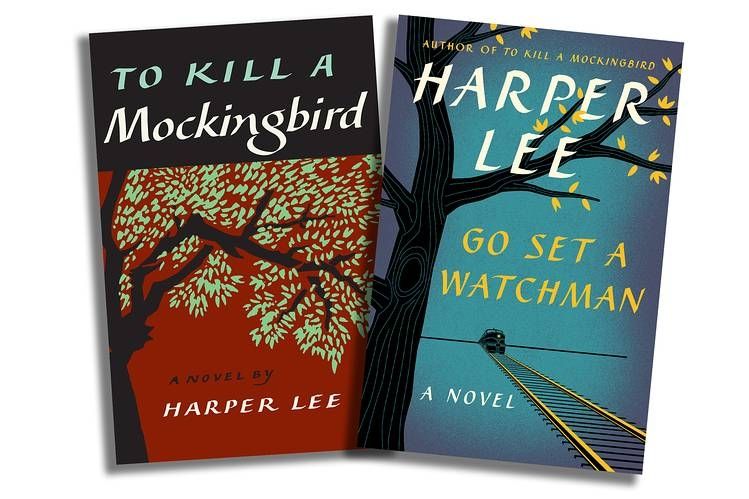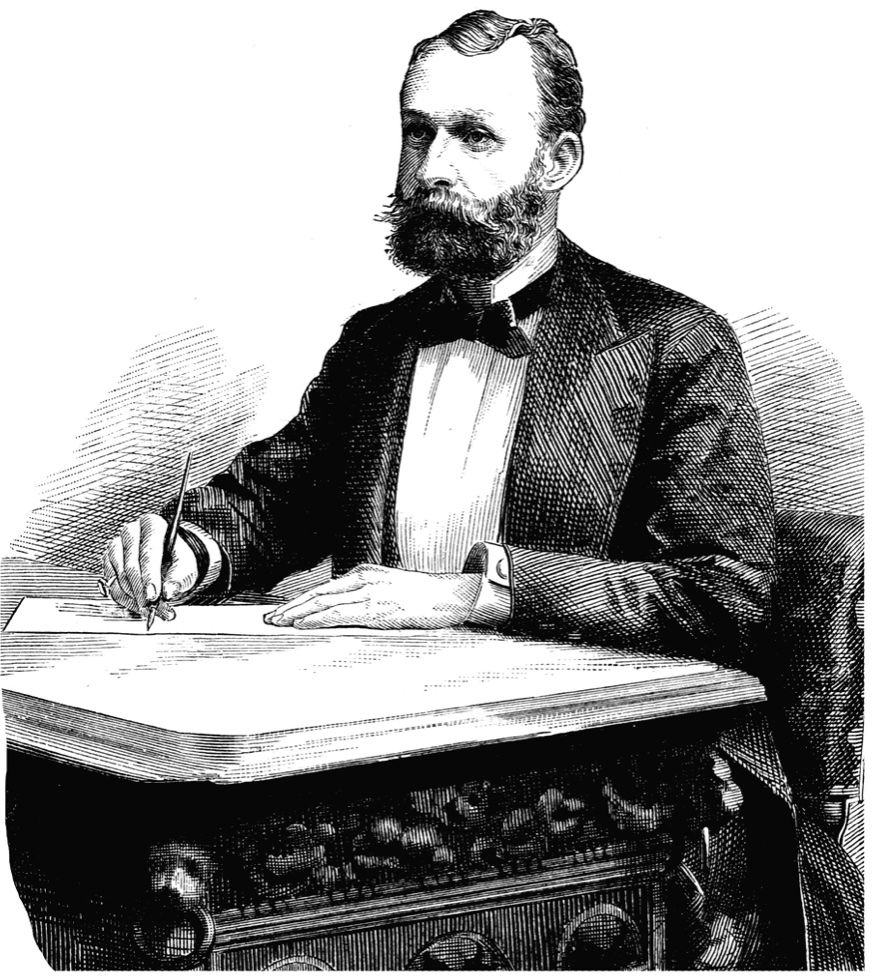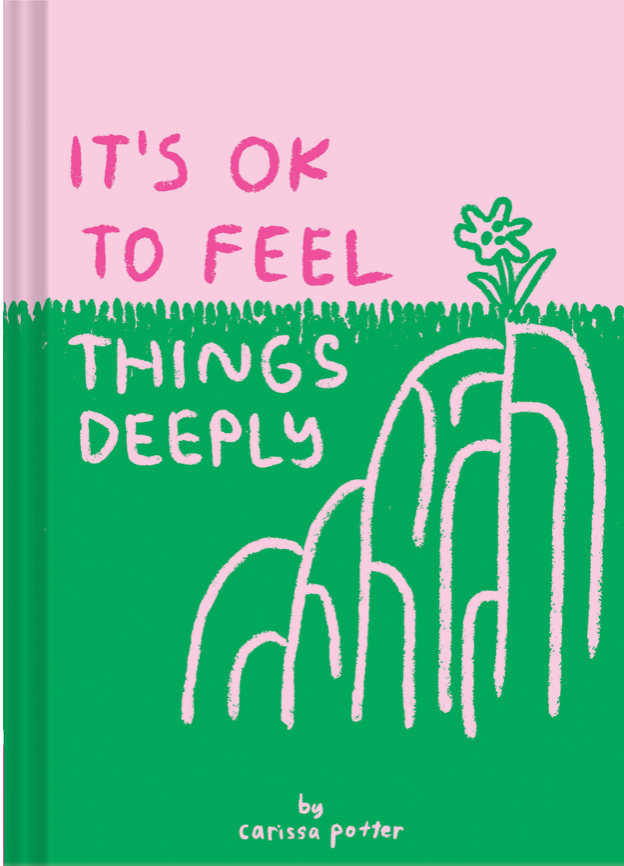For thus the Lord said to me: “Go, set a watchman; let him announce what he sees.”— Isaiah 21:6
“Sentimentality about Lee’s story grew even as the harder truths of the book took no root.” —Bryan Stevenson, Just Mercy.
Bryan Stevenson is a lawyer who has made it his life work to challenge the inherent bias in the American legal system against the poor and people of color. A few years back, Mr. Stevenson was working on the exceptionally grievous case of Walter McMillian, a black man falsely accused and tried for the murder of a young white girl. The facts of the case were obviously twisted, with dozens of people (including a police officer) witnesses to that fact that McMillian was at a church fundraiser at the time of the murder. The more Stevenson dug, the more he found: false confessions and bribes and the arrest and intimidation of witnesses were all revealed. Eventually, he found himself in Monroe County, Alabama, requesting that the D.A. consider the need for a new trial.
Monroe County and its courthouse is moderately famous now, the place where Harper Lee was from and based her novel To Kill A Mockingbird on. The town, Stevenson writes, is full of homages to the book. When he goes to the courthouse in order to find out why the state has arrested one of his witnesses, the receptionist chats with him about Mockingbird:
“Have you read the book? It’s a wonderful story. This is a famous place. They made the old courthouse a museum, and when they made the movie Gregory Peck came here. You should go over there and stand where Mr. Peck stood—I mean, where Atticus Finch stood.”
Mr. Stevenson is not pleased. He finally promises to go check out the museum, but thinks to himself: “I was too busy working on the case of an innocent black man the community was trying to execute after a racially-biased prosecution.”
Everywhere he looks, Mr. Stevenson finds a town so completely enamored with Atticus, so completely enamored with the sense that wrongs have been righted, so sure that the mockingbirds have been protected—all the while gross racial injustice continues to plague the town. He goes on to write:
“Today, dozens of legal organizations hand out awards in the fictional lawyer’s name to celebrate the model of advocacy described in Lee’s novel. What is often overlooked is that the black man falsely accused in the story was not successfully defended by Atticus. Tom Robinson, the wrongly accused black defendant, is found guilty. Later he dies when, full of despair, he makes a desperate attempt to escape from prison. He is shot seventeen times in the back by his captors, dying ingloriously but not unlawfully.
Mr. Stevenson wrote Just Mercy, an entire book about those similar to Tom Robinson, people who were tried and found guilty in the eyes of the law while God in heaven knew them to be innocent. It is 2015 and there are still Tom Robinson’s everywhere you look, still a Monroe (or Maycomb) county inside all of us. The town where Ms. Lee set her novel is plastered with posters for a stage adaption of the book that supposedly changed our nation’s conscience, which showed us that proud justice could and should be attained in the South. But it didn’t change us enough. I know, because when I read the words of Mr. Stevenson I was surprised. Tom Robinson died? I hadn’t remembered that part. All I had remembered were the parts that looked like me, the reflection I wished to see. I needed a watchman to tell me the truth. As it turns out, I needed to read To Kill A Mockingbird as it was originally meant to be written.
…
Harper Lee wrote Go Set a Watchman first. It has a quick and hasty feel to it, written in strong conviction and more than a little anger, and tied up a little too neatly. It is not a sequel. It is what she intended to tell us all along, but for quite a few years she had to give us what we could handle. Now she gives us this: Scout (now Jean Louise) all grown up and twenty-six years old, riding the train back to Maycomb county, discovering with shock and horror that the moral compass she has used as a guide is no longer any good.
I too was elated, then worried, then cautiously curious when I heard about Go Set a Watchman. Like everyone else I love to fixate on the talented who leave us at the party much too soon, hungry for more of their genius and wit, their insight into all of our most private lives. I came to read To Kill a Mockingbird a bit later in life, after high school, swallowing large chunks of the text in my Christian fervor, recognizing a book of minor prophecy when I saw one. But it has been years since I read it, and my mind is hazy with the somber black-and-white film making a mythology out of both Atticus and Ms. Lee. Of course, I side with the Finches and their friends—I am stubborn, like Scout; responsible, like Jem; imaginative, like Dill; and sure to do the right thing, like Atticus. It is a book that is finely written, a book which makes one feel proud, a book about being on the right side of history.
Go Set a Watchman quickly and cleanly upends everything I remember about To Kill A Mockingbird. Everyone in Maycomb county is a racist; at least, all the people that Jean Louise interacts with. Her auntie, the church ladies, her boyfriend, every white man in the county, her dad. It is that last one that supposedly will set all of our teeth ajar, will floor us like it does Scout. Go Set a Watchman will undo the saint and send him toppling to the ground, splintering into shards, will take away all of our hard-earned good feelings about ourselves and the state of race relations in our country. Indeed, to read Atticus Finch describe his philosophy of segregation in maddeningly calm monologues, is very hard to take. I sensed both the desperation and moral highness of Jean Louise, and I identified with her.
The flashbacks to the childhood of Scout, Jem, Dill, and Hank are exquisite in their detail and their penchant for fun. The religious words drifting through the pages evoke memories for those of us who grew up singing “blood-curdling hymns.” But most of all, for those that adored precocious little Scout, there are glimpses of her to be found in the grown-up Jean Louise. Her fierceness is on full display as she is confronted with the naked racism of her beloved Atticus (calling him a “double-dealing old ring-tailed son of a bitch”), and again as her world crumbles around her and as she starts to entertain the idea of building it up again, brick by brick. She is a character I relate to, because I too am white and privileged and angry and sad.
…
Like Jean Louise, I went off on my own into the big wide world and when I took the train back home I couldn’t understand what had happened to my community. I was shocked when Trayvon Martin was killed. I was horrified by the murders of Michael Brown and Eric Garner and Tamir Rice and Sandra Bland. I can’t seem to ever stop being surprised these days, an age when black lives are gunned down or strangled or choked on a near daily basis on little to no evidence of misconduct. Racial reconciliation is not at hand, and the streets are loud with monologues which are barely different from those on display in Go Set a Watchman. On Facebook, in the news, on talk radio, I hear the prejudice everywhere. We may not use the same terms as those in Maycomb County in the 1960s, but there is talk instead of welfare queens and thugs rioting in the streets; latino drug lords and rapists and muslim terrorists. We are all very scared of our world changing, when it turns out it hasn’t changed very much at all.
Go Set a Watchman is by no means a perfect book. Uncle Jack, the supposed sage of the book, claims the Confederacy was not about segregation and slavery. Jean Louise, in a devastating encounter with her beloved childhood housekeeper Cal, is unable to recognize the pain of the black experience in the South, unwilling to tolerate any anger directed towards herself. But perhaps, more than anything, is the fact that the central conversation surrounding the book is in regard to the character of Atticus Finch. We are devastated, shocked, saddened and surprised that a beloved white icon of justice and mercy could be racist. This is the central tragedy of Go Set a Watchman. But the truth is, discovering racism and bias and prejudice in the people and communities we love is nothing compared to the tragedy of the black experience in America. The real tragedy, it turns out, is the continued presence in America of a white supremacy that is marked less by hooded klansmen than a blandly logical argument for individualism without acknowledging structural bias.
Did Harper Lee know, all those decades ago, that we would be stuck in the same miserable place? That we would continue to believe in the noble white savior, that we would just want to know that we are all him and he is us and that we no longer live in the black and white South but the vivid, colorful world where one is only judged by the content of their character, and their ability to pull up hard on those proverbial bootstraps? I don’t know how she knew, but I think she did. I think she waited on purpose, waited until we had built up the icon of white respectability and justice, until we had assuaged ourselves of any responsibility, until we forgot about Tom Robinson getting gunned down by the prison guards, and then she gave us the truth, the complicated individuals that we all are.
If there is one danger to be had in Go Set a Watchman, it is this: that we focus on Atticus Finch, Racist. That we turn him into an Other, that we distance ourself from him just as we did from the prosecution in To Kill A Mockingbird. That we take the moral high ground out of Maycomb county, that just like Jean Louise we seem to think we maybe missed that deadly disease of the heart and brain. When the truth is, we took Atticus and we turned him into a museum, a tourist destination, a book to read and feel good about. We ignored the truth that many of the same fundamental inequalities and injustices remain in our country.
Bryan Stevenson, as he worked to free men and women from an unjust legal system here in America, has no more patience for those obsessed with To Kill A Mockingbird, because he cannot bear to read about fictionalized justice in a very unjust world. Which is why Go Set a Watchman is exactly the book we need right now. Near the end, Jean Louise tells Atticus “I remember that rape case you defended, but I missed the point. You love justice, all right. Abstract justice written down item by item on a brief—nothing to do with that black boy, you just like a neat brief.” The same could be said for all of us that read and adored and missed the horror lurking underneath To Kill a Mockingbird. We missed the point. We need this, a prejudiced book for prejudiced times. We need a voice crying out in the wilderness, tenderly pointing out all the blind spots we have accrued on the journey.




